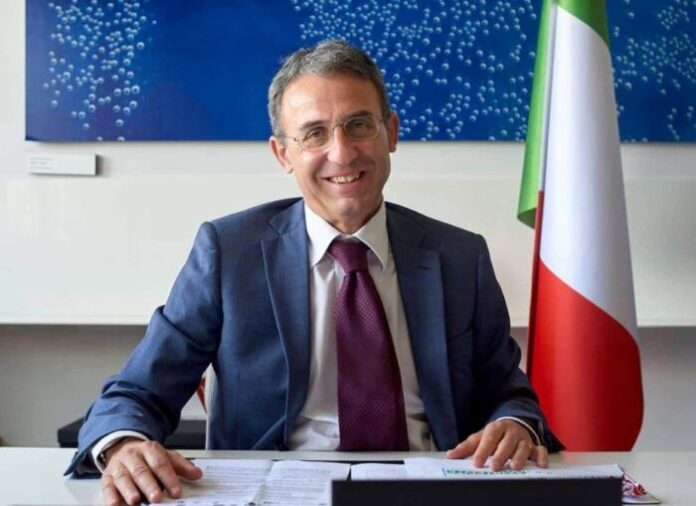
EU environment and climate ministers had a policy debate on the contribution of environmental and climate policies to the recovery from the COVID-19 pandemic.
Ministers welcomed this important discussion and agreed that the European Green Deal should guide the recovery towards green growth and a more resilient EU.
In the discussion, ministers were invited to respond to the following questions:
- How can measures from recently presented initiatives of the European Green Deal, such as the circular economy action plan and the biodiversity strategy, most effectively contribute to the recovery from the COVID-19 crisis and help to build resilience and create a more sustainable and future-proof Europe?
- How can the implementation of the recovery plan ensure a stable and forward-looking investment environment that generates green growth and jobs, thus keeping the EU on the right track towards the objective of achieving a climate-neutral Europe by 2050?
Ministers highlighted several points, such as:
- The linkages between the initiatives in the European Green Deal and the need to address them in a coherent manner.
- The need for adequate resources for the green transition under the recovery plan and the MFF.
- The importance of the EU’s 2050 objective of climate neutrality for providing a stable investment environment that supports the aims of the Green Deal, such as clean energy, building renovation, innovation and adaptation; in this context several ministers highlighted the need to apply the “do no harm” principle while some stressed the need to take account of national or local specificities.
- The importance of a biodiversity strategy for the sustainable recovery and the role of nature conservation and ecosystem restoration in building resilience and preventing future pandemics.
- The need to fully integrate biodiversity into other sectors such as agriculture, fisheries and forestry and to ensure a coherent implementation of EU measures in these fields.
- Circular economy, with a focus on recycling, a sustainable product policy and more action on plastics as well as a link with the upcoming strategy for chemicals. Many ministers underlined that the circular economy can boost in particular local job creation and increase resilience by making Europe less dependent on imports. The importance of creating a well-functioning market for secondary raw materials was also mentioned.
- The farm to fork strategy and organic farming.
Under any other business, the incoming German presidency presented its work programme in the area of environment and climate for the second half of 2020.
The meeting was chaired by Tomislav Ćorić, Minister of Environment and Energy of Croatia. The Commission was represented by Commission Vice-President Frans Timmermans and Commissioner Virginijus Sinkevičius.



































